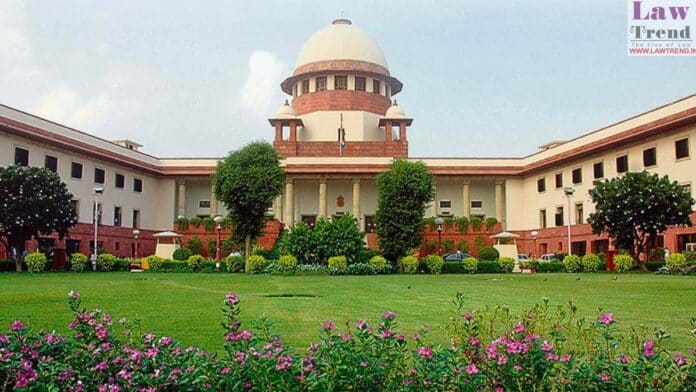The Supreme Court on Monday decided to review the National Financial Reporting Authority’s (NFRA) appeal concerning its authority to investigate and penalize misconduct among chartered accountants and accounting firms. This follows a Delhi High Court judgment from February 7, which critiqued the procedures employed by the NFRA but upheld the body’s disciplinary powers under Section 132(4) of the Companies Act, 2013.
The High Court had validated the NFRA’s powers to initiate disciplinary actions against individual chartered accountants and firms but nullified specific show cause notices issued by the NFRA to firms including Deloitte Haskins and Sells LLP and the Federation of Chartered Accountants Association. The court found that the NFRA’s process lacked neutrality and an impartial assessment, pointing out that the same officials who issued the notices also adjudicated the penalties, which compromised the fairness of the proceedings.
Responding to these concerns, the Supreme Court bench led by Chief Justice Sanjiv Khanna and Justice Sanjay Kumar issued notices to the affected auditing firms and set a return date of April 28 for further proceedings. The bench, during the hearing, expressed reluctance to stay the High Court’s detailed judgment immediately, highlighting the importance of separating the roles of investigators and adjudicators to ensure impartiality, particularly in legal and regulatory frameworks.
Solicitor General Tushar Mehta, representing the NFRA, raised concerns about the operational impact of the High Court’s ruling on the authority, especially given that the NFRA comprises only three members who handle both the investigation and adjudication processes.
The High Court had previously dismissed challenges to the NFRA’s powers, rejecting arguments that claimed the provisions were retroactively applied and violated principles of natural justice as stipulated in Article 20(1) of the Constitution. The court emphasized that the summary procedure prescribed for disciplinary trials does not exempt the NFRA from adhering to fair process and natural justice principles.




